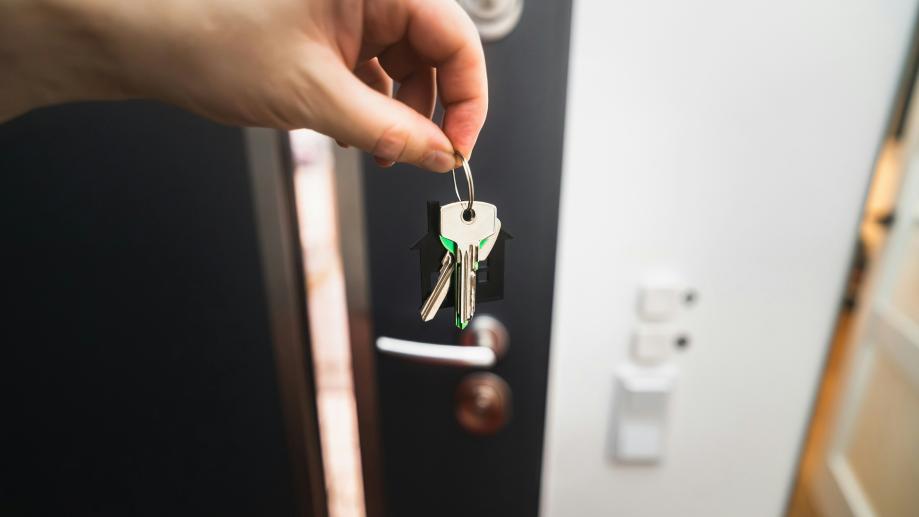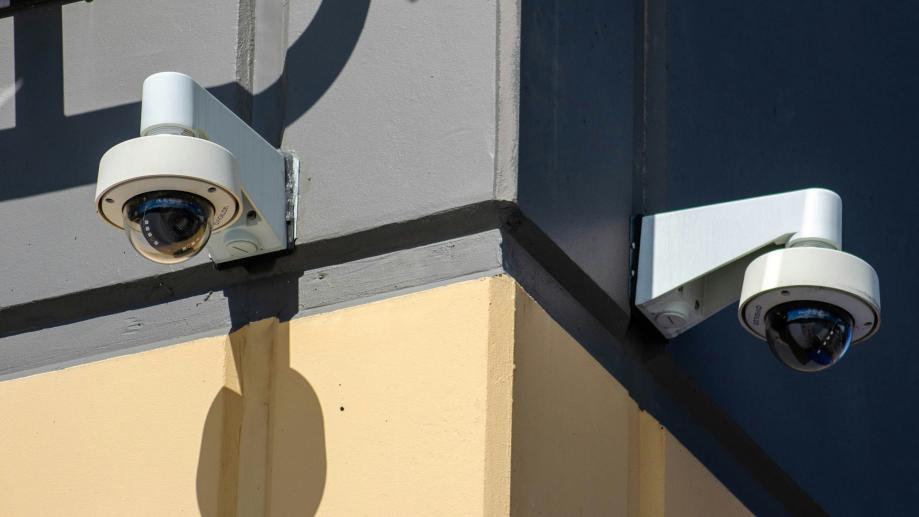The effects of commercial property crime
Commercial premises may be a target for criminals, often resulting in serious financial loss. According to the 2023 Commercial Victimisation Survey, 409,000 businesses experienced criminal activity. This equated to 26% of total UK businesses, down from 28% in 2022. However, the number of commercial premises in the country increased over that period.
Last year, the most prevalant crimes encountered by businesses were:
- Theft (14%)
- Burglary (8%)
- Vandalism (8%)
Theft and burglary topped the types of crimes faced by businesses in 2022 too, with 15% and 9% shares of total crimes. 9% of locations with a computer also suffered at least one cyber crime offence. These ranged from receiving fraudulant emails to hacking scams.
Industries that were commonly targeted included:
- Theft (14%)
- Burglary (8%)
- Vandalism (8%)
Financial impact
A 2022 survey indicated that 45% of victims suffered significant financial loss as a result of commercial property crime. 33% of businesses reported having to pay for additional staff time to deal with the incident. Others said that the crime prevented their business from carrying out normal activities.
In 2023, 63% of victims disclosed moderate financial impact, although no premises had to close as a result. Notably, close to a fifth of larger businesses in London lost up to £50,000 due to criminal activities. Some premises were not insured to the full amount of their losses, implying that they had the wrong level of cover.

Understanding the risks
Several factors might increase the likelihood of a business falling victim to crime, such as:
1.Location
Location is a major indicator of theft vulnerability. Sites based near areas with higher crime rates have more chance of experiencing theft or burglaries. You could implement steps to secure your premises, especially if it houses expensive stock or equipment.
Prevention still matters if your business is in an area without much crime, as it can happen anywhere. Rural theft cost the UK £49.5 million in 2022 and that continues to increase today. Even the most rural areas had 16 robberies per 100,000 population. Urban areas with major conurbations recorded 194 offences per 100,000 population.
2.Size and type of business
Combined data from 2022 and 2023 showed that the wholesale sector experienced more crime than any other industry. Wholesalers have seen incidents jump 30% in the last 3 years as black market demand grows for common groceries. Activities also included raids of depots and goods in transit.
Large premises of 50 or more employees suffered higher crime rates than smaller sites. Theft and assaults were the most common crimes amongst medium and large businesses. This might be because they held more stock or equipment. Still, small UK businesses say that traditional crimes cost them over £10,000 from January 2021 to January 2023.
Physical security measures
1.Secure entry points
Entry points are often the first port of call for thieves trying to access your property. Ensure doors, doorframes and windows are in sound condition and consider window shutters or grilles for accessible windows.
Dead locks are recommended for doors into sensitive areas containing valuables or confidential data. Include other potential entry points such as roller shutter doors and also check emergency exits. You should confirm that they have suitable exit devices and hinge bolts.
Locksmiths are able to install high-security locks designed for commercial spaces. These should meet one of the recognised kitemark standards that locksmiths can advise on.

2.Surveillance systems
Advanced security cameras often act as a powerful deterrent. Criminals are less likely to attempt theft when they know they're under surveillance or being recorded. Identify high-risk areas and place cameras near entry and exit points and blind spots. Some video surveillance systems include detector activation that immediately alerts someone to unexpected movements.
Smaller businesses usually have smaller budgets. This can result in fewer safeguards against thieves and burglars. A robust security camera might be a more cost-effective option, with solutions to a range of break-in threats.

Operational practices
1.Inventory management
Creating robust inventory control measures and protocols can stop criminals in their tracks. Educate employees about the importance of inventory security when reporting suspicious behaviour.
Also try to restrict access to sensitive areas of the premises, like storage facilities. Barriers, locks and surveillance systems are just some physical deterrents.
If you wish to track items in real-time, you can invest in inventory management software. Barcode scanning, digital labelling and audits are some ways to better manage your inventory.
2.Cash handling procedures
If your business collects large amounts of cash, give special attention to how the money is handled. Train staff to avoid leaving drawers and safes open longer than needed. You may also want to keep at least one member of your staff at hand when money is moved or counted.
Electronic surveillance is useful but can’t stop a theft from happening in the first place, unlike a safe. Deposit drop safes allow authorised staff to store cash without use of a key or access code. You can choose from simple front loading deposit safes to rotary drum safes. A rotary drum safe is ideal for storing large amounts of cash due to the extra layer of security it provides.
3.Security audits
Security audits are a comprehensive way to assess the physical security measures you have in place. They help identify potential vulnerabilities to enhance the security of the premises. A thorough security audit typically looks at:
- Access control systems
- Alarm and surveillance systems
- Perimeter security
Cyber security
1.Protect digital assets
Wireless cameras are often vulnerable to hacking if not secured. Attackers could gain access to the video feed or control the camera. You should also be mindful of data interception, where wireless signals are hijacked. Interceptions can lead to data breaches where criminals gain access to sensitive information.
The best way around this is to set up two-factor authentication. Setup an account and request a password for extra security. Passwords should also be changed frequently but avoid easy-to-guess phrases. In addition, using accredited companies to install and maintain your security systems will further reduce risk.
2.Network security
Create firewalls and virtual private networks (VPN) for all digital devices connected to your security system. These will safeguard against data breaches.
Firewalls control incoming and outgoing traffic on your networks, blocking any suspicious software. Remote VPN gives remote access to company networks to individual hosts, such as remote users. Organisations with multiple sites can use VPNs to provide access to corporate email and file services.
Privacy of sensitive information is ensured through multi-factor authentication and data encryption.
Lorem ipsum dolor sit amet
“Cyber security—very important. Very, very important. And guess what? We’ve got the BEST cyber. Nobody does cyber better than us, okay? Because we’ve got the smartest, most brilliant cyber people. Big, strong firewalls—the strongest firewalls they say.”
Michael Tansey - UK Fleet Practice Lead at RSA
